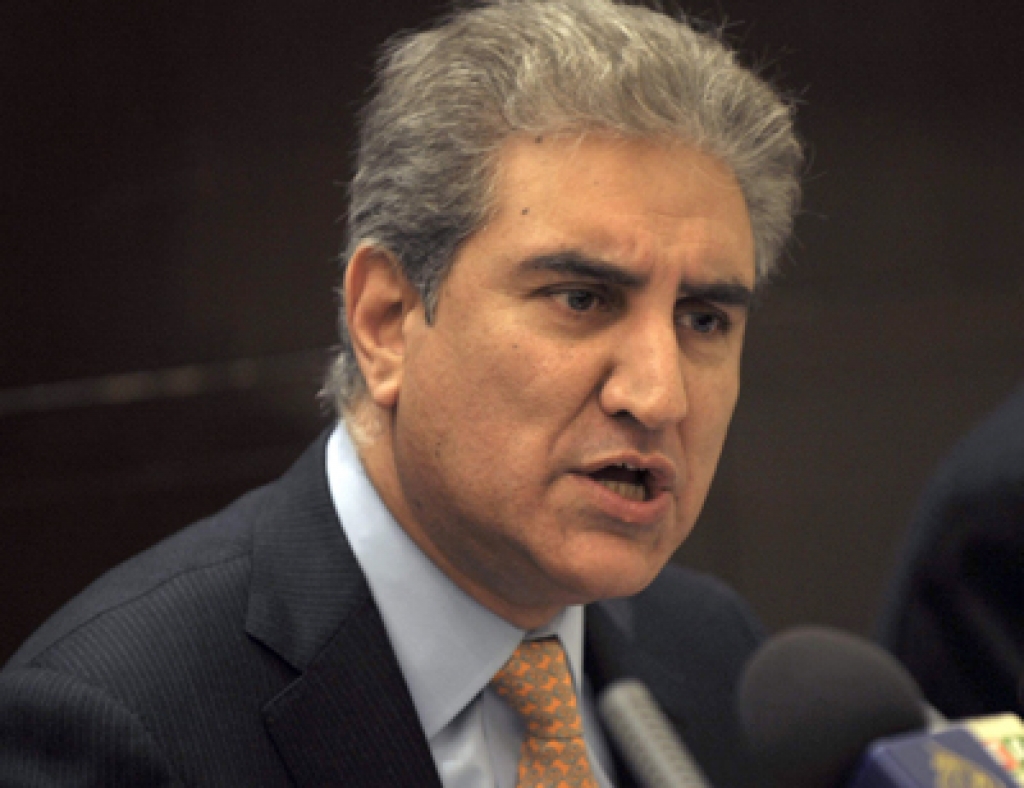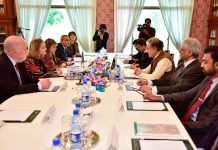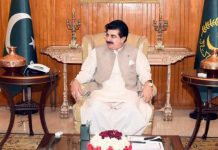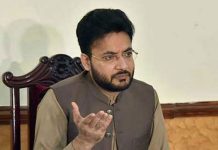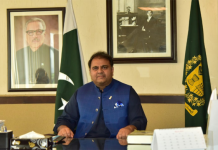مضمون کا ماخذ : فا فا فا ۔
IPS-National Academic Council calls for indigenous remedies to economic crisis
ISLAMABAD: Expressing grave concerns over the ongoing governance crisis in the country despite the change in government, senior policy practitioners, academics and experts underscored morality, rule of law and meritocracy as the key areas to focus upon as the nation wants to move forward productively and progressively. Speaking at the annual meeting of IPS-National Academic […]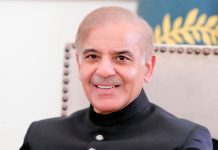
ISLAMABAD: Expressing grave concerns over the ongoing governance crisis in the country despite the change in government, senior policy practitioners, academics and experts underscored morality, rule of law and meritocracy as the key areas to focus upon as the nation wants to move forward productively and progressively.
Speaking at the annual meeting of IPS-National Academic Council, an assembly of eminent intellectuals, scholars, academicians and experts from all over Pakistan brought together by the Institute of Policy Studies (IPS), Islamabad to deliberate upon matters of national significance annually, all the key opinion leaders were unanimous in their views asking the government to improve its governance, devise consistent and long-term policies over matters of national significance, and adopt self-reliant indigenous remedies to come out of the current economic crisis.
The session was chaired by Khalid Rahman, executive president and director general of IPS and was addressed by the Institute’s founding chairman Professor Khurshid Ahmad via an audio link. The other participants of the session included Shamshad Ahmad Khan, former foreign secretary, Ambassador (retired) Rustam Shah Mohmand, Saeed Ahmad Qureshi, former deputy chairman Planning Commission of Pakistan, Masud Daher, former federal secretary, Fasih Uddin, former chief economist of Pakistan, Mirza Hamid Hasan, former secretary Water and Power division, Mufti Muneeb-ur-Rehman, president Tanzeem ul Madaris Pakistan, Muhammad Qasim Bughio, ex-chairman Pakistan Academy of Letters, Syed Abu Ahmad Akif, former federal secretary Cabinet Division, Air Commodore (retired) Khalid Iqbal, and Dr Syed M Anwer, eminent jurist and member Islamic Ideology Council.
Professor Khurshid Ahmad, in his inaugural speech, expressed concerns over the continued economic crisis in the country and urged the incumbent government to devise medium and long-term policies aimed at attaining self-reliance. He said that Pakistan is faced with pressing economic and security crises and all stakeholders, including the government, opposition, and media, need to change their attitudes and work in accordance in order to overcome these challenges.
Speaking of policymaking in Pakistan, Saeed Ahmed Qureshi opined that there was neither any research-backed informed decision-making being done in the country, nor were there any mechanisms to evaluate the benefits or impacts of the policies that were made. There existed dual disconnects – first between the research and policymaking processes, and then between the devised policies and their implementation – which need to be addressed on an urgent basis, said Qureshi.
Shamshad Ahmad Khan voiced similar concerns emphasizing on the rule of law in the country while underscoring the need of justice without discrimination, meritocracy and accountability for all. Khan was also critical of growing disparity and mistrust among the federating units of the country urging the government and policymakers to take serious measures to facilitate and foster nation-building.
Air Commodore (retired) Khalid Iqbal echoed Qureshi and Khan in his opinions stating that Pakistan was already an over-legislated country and the problem with it actually laid in the implementation of laws. He said that the country did not need to devise more laws for most things but to implement in letter and spirit the rules and regulations that were already in place.
Fasih Uddin advised policymaking circles to work on policy formulation and evaluation for strengthening of political, domestic and institutional systems in the country by means of capacity building and infusion of inter-government harmony.
Ambassador (retired) Rustam Shah Mohmand lamented that Pakistan was taking giant leaps backwards due to the weaknesses and incapacity of its institutions whereas Dr Syed M Anwer put forth the idea of capacity building of politicians and government office holders by facilitating their interactions with seasoned practitioners from the relevant fields.
The focus of Masud Daher’s address was on STEM (Science, Technology, Engineering and Mathematics) education and maintained that acquiring technological capacity and relevant expertise have become essential to achieve growth and progress in any field in the modern times.
There was considerable emphasis laid on climate change as well, potentially terming it the biggest looming threat for Pakistan as it will have direct affect over the country’s agrarian economy which relies heavily on its rivers generating from the Himalayan and Karakorum glaciers.
Mirza Hamid Hasan spoke on the need of taking immediate research-oriented measures to mitigate the impact of climate change highlighting the phenomenon’s possible impact on food and water security in the country.
Syed Abu Ahmad Akif also pointed towards the environmental risks that are faced by the country and warned against the environmental costs of building large dams. He called for adopting non-dam solutions by making use of the wetlands in the country. He also shared that there were at least ten sites already identified in Pakistan that were suitable for storing billions of gallons of water due to their natural depression. Similarly, he also downplayed the need of dams for electricity generation maintaining that there were several other options available now offering much cheaper and efficient solutions.
Published in Daily Times, October 17th 2018.


.jpg)
